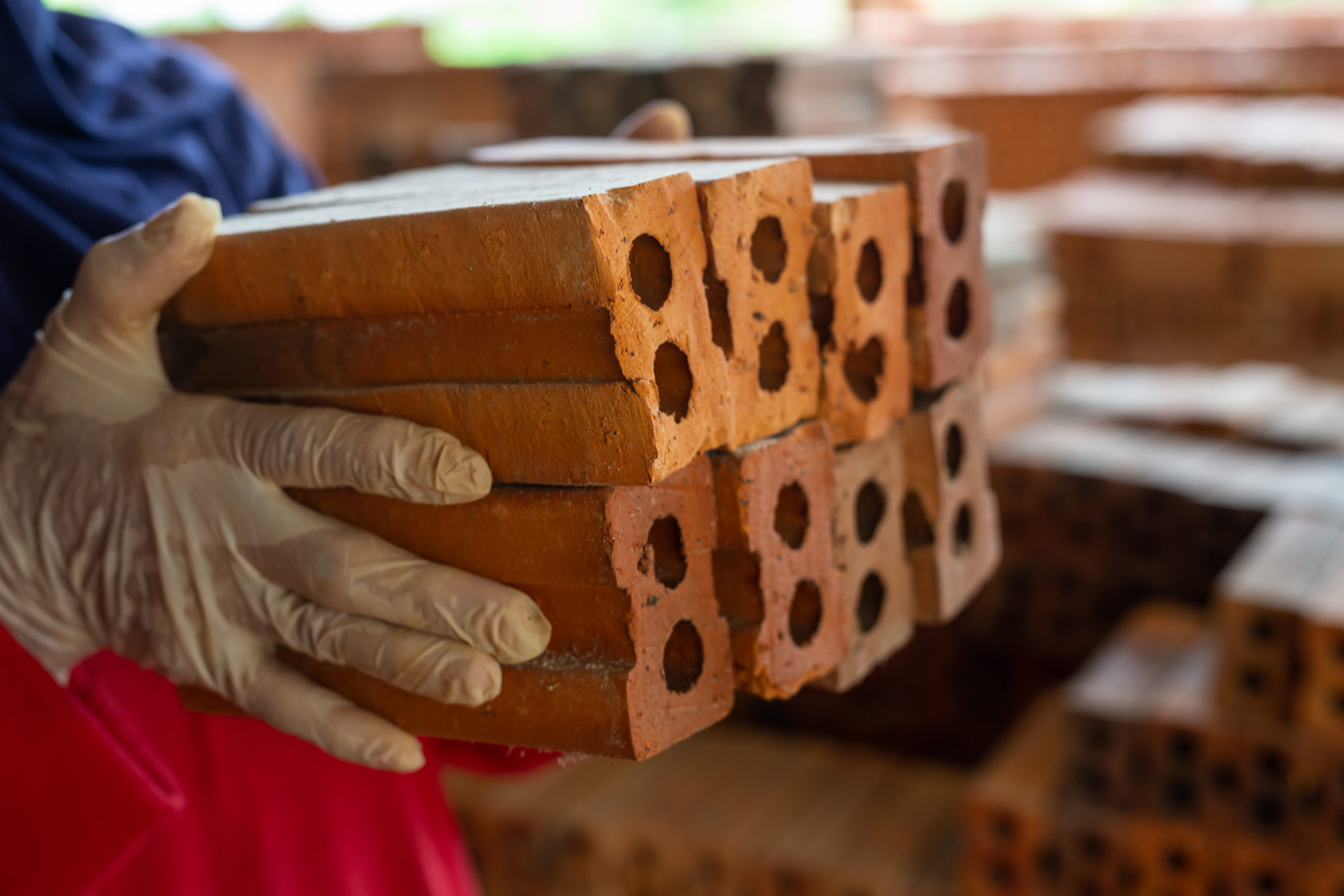Masonry has been a cornerstone of construction for centuries, offering unparalleled strength, durability, and aesthetic appeal. Whether used for homes, commercial buildings, or historical restorations, masonry structures provide long-term reliability with minimal maintenance. In Charleston, SC, where climate and environmental conditions play a crucial role in construction choices, residential masonry remains a top option for homeowners.
Why Masonry Structures Stand the Test of Time

1. Superior Durability
Masonry structures are known for their exceptional durability. Brick, stone, and concrete masonry can withstand extreme weather conditions, including hurricanes, high winds, and heavy rainfall—common occurrences in Charleston, SC. Unlike wood, masonry does not rot, warp, or suffer from insect infestations, making it a long-lasting investment.
2. Fire Resistance
One of the most significant advantages of masonry construction is its fire resistance. Brick and stone walls provide a high level of protection against fire, reducing the risk of extensive damage compared to wood-frame structures. This feature enhances safety and may even lead to lower insurance premiums for homeowners.
3. Low Maintenance
Masonry structures require minimal maintenance compared to other building materials. Unlike wood, which needs regular painting and sealing, masonry holds up well with simple periodic cleaning. Tuckpointing—replacing deteriorated mortar—is the primary maintenance requirement, which, when done correctly, extends the lifespan of a masonry structure by decades.
4. Energy Efficiency
Brick and stone have excellent thermal mass properties, which help regulate indoor temperatures. In the summer, masonry walls absorb heat during the day and release it slowly at night, keeping interiors cooler. During colder months, these materials retain heat, improving energy efficiency and reducing heating and cooling costs.
5. Aesthetic and Historical Value
Charleston, SC, is known for its historic homes and beautiful architecture, much of which is constructed from masonry. The timeless elegance of brick and stone adds character and increases property value. Whether you’re looking to restore a historic home or build a new residence with classic appeal, masonry is an excellent choice.

Choosing the Right Residential Masonry Contractors in Charleston, SC

Finding the right residential masonry contractors in Charleston, SC, is essential for ensuring high-quality workmanship and long-lasting results. Professional contractors bring expertise, proper materials, and craftsmanship to the table, ensuring that your masonry structure remains strong for generations.
What to Look for in a Masonry Contractor:
- Experience and Credentials – Choose a contractor with a proven track record and proper licensing.
- Portfolio of Past Projects – Reviewing previous work helps gauge their quality and expertise.
- Customer Reviews and Testimonials – Positive feedback from past clients speaks volumes about reliability and professionalism.
- Knowledge of Local Climate Conditions – Contractors familiar with Charleston’s weather can recommend the best materials and construction techniques.
- Fair Pricing and Detailed Quotes – Transparent pricing ensures you get the best value without hidden costs.
Common Types of Masonry Used in Residential Construction

1. Brick Masonry
Brick is a classic choice known for its strength, aesthetic appeal, and ability to withstand harsh weather conditions. It’s commonly used in home exteriors, fireplaces, and accent walls.
2. Stone Masonry
Stone provides a natural and rustic look, making it an excellent option for both modern and traditional homes. It offers superior durability and can last for centuries with minimal maintenance.
3. Concrete Masonry Units (CMUs)
Concrete blocks are widely used for their affordability and strength. They provide excellent insulation and can be reinforced for added structural stability.
4. Stucco Masonry
Stucco, often applied over brick or concrete, gives a smooth or textured finish. It’s highly durable and provides a weather-resistant barrier for homes.
The Role of Masonry in Sustainable Construction
With increasing demand for eco-friendly building materials, masonry remains a top choice due to its sustainability. The long lifespan of masonry reduces the need for frequent replacements, minimizing construction waste. Additionally, many masonry materials are recyclable, further reducing their environmental impact.
The Lifespan of Masonry Structures
Masonry structures, when properly constructed and maintained, can last for centuries. Here’s how different masonry materials compare in terms of lifespan:
- Brick Masonry – Can last over 100 years with minimal maintenance.
- Stone Masonry – Often lasts for several centuries, making it the most durable option.
- Concrete Masonry – Typically lasts 50-100 years, depending on the quality of materials and construction.
Final Thoughts

Investing in masonry construction ensures that your home remains durable, energy-efficient, and visually appealing for generations. With Charleston, SC’s unique climate, choosing the right materials and hiring skilled residential masonry contractors is crucial for long-term performance. Whether building a new home or restoring a historic structure, masonry provides unmatched strength, beauty, and longevity.
For professional residential masonry services in Charleston, SC, contact experienced contractors to bring your vision to life with durable, high-quality craftsmanship.
FAQs
1. How long do masonry homes last?
Masonry homes can last over 100 years, with some stone structures remaining intact for centuries.
2. Are masonry homes energy-efficient?
Yes, masonry homes provide excellent insulation, reducing heating and cooling costs.
3. What maintenance do masonry structures require?
Regular inspections, tuckpointing, and occasional cleaning are typically all that’s needed.
4. Is masonry construction expensive?
While masonry has a higher upfront cost, its durability and low maintenance make it cost-effective in the long run.
5. Can I add masonry elements to an existing home?
Yes, masonry can be used to enhance existing structures, including adding brick facades, stone pathways, or fireplaces.
